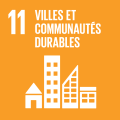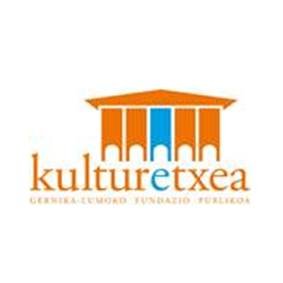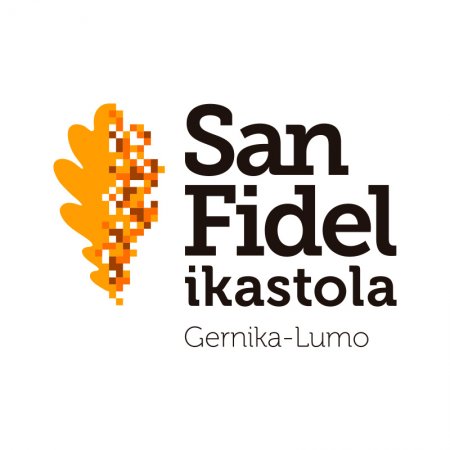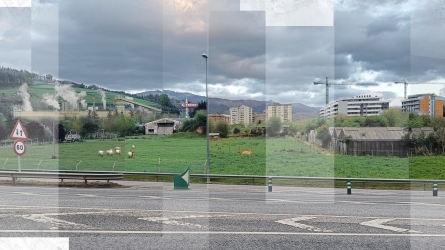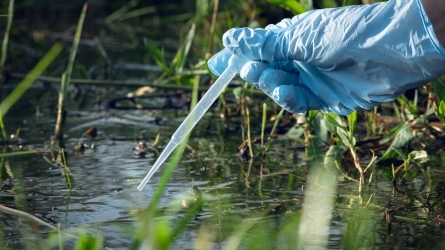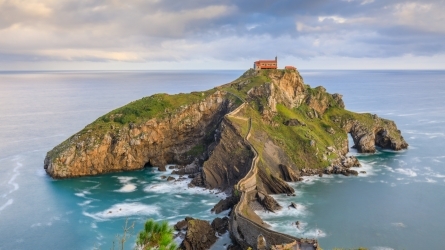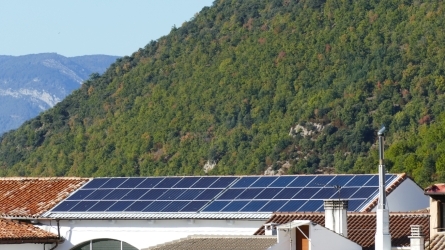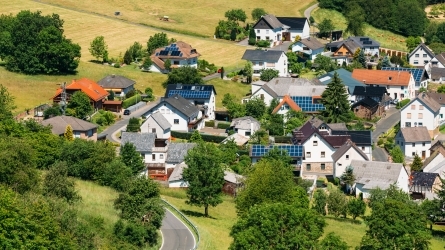
International Summer Course on Energy Communities: Empowerment through Sustainable Energy
Description
The main objective of this course is to provide participants with a deep understanding of energy communities as an innovative model for sustainable energy generation and management. At the end of the course, participants will be trained to lead energy community initiatives, implementing practical and sustainable solutions in their own environments.
- They will understand the key concepts of energy communities, including their definition, structure and operation.
- They will learn the best practices and success stories in the implementation of energy communities in different parts of the world.
- They will learn about the living labs and their fundamental role in energy innovation, as well as specific examples of living labs and the results obtained.
- They will explore the importance of energy socialization and its impact on the community, including tools and approaches to encourage citizen participation in the energy transition.
- They will be able to apply the knowledge acquired in their own projects related to energy communities.
Objectives
- Comprehensive Understanding: You will gain a deep understanding of the fundamental principles and benefits of energy communities.
- Practical Skills: You will acquire practical skills to design, implement and manage energy community projects.
- Meaningful Connections: You will establish connections with experts and professionals from around the world, fostering collaboration and the continuous exchange of knowledge.
Activity directed to
- All public
- University student
- Professionals
Directors

Jokin Garatea Gerrikagoitia
GAIA
Jokin Garatea, director del departamento Internacional de Gaia, Asociación Cluster TEIC del País Vasco. Es Licenciado en Derecho por la Universidad de Deusto y Diplomado en Economía Comunitaria por el Instituto Hispano-Alemán. Especialista en Comercio Exterior por el Departamento de Economía Aplicada de la Universidad del País Vasco en colaboración con el Gobierno Vasco. Coordinador de Proyectos del Fondo Vasco Aquitano para proyectos de fomento de I+DT de PYMEs del sector electrónico, cofinanciado por el Gobierno Vasco. Es miembro del Consejo Asesor del EnoLL (Red Europea de LL) y vice presidente del Ocean LL Transfronterizo desde junio de este año.
Speakers
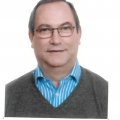
Ignacio De la Puerta Rueda
Eusko Jaurlaritza / Gobierno Vasco
Master en Arquitectura por la Escuela de Arquitectura de Madrid en la especialidad de Edificación (1983), es diplomado en Derecho Urbanístico, especialista en Edificación, Rehabilitación y Urbanismo sostenible y Mediador Civil y Mercantil, con amplia experiencia en la planificación estratégica, planificación urbana y procesos de calidad. Desde el año 1983 ha desempeñado la Dirección del Estudio IP Arquitectos, en el que se han desarrollado tanto Proyectos y Dirección de obras de Edificación y Rehabilitación, como de Planeamiento, actividad que ha mantenido hasta su reciente nombramiento (enero 2017) como Director de Planificación Territorial, Urbanismo y Regeneración Urbana del Gobierno Vasco. En los últimos años ha formado parte del Grupo de Trabajo de Rehabilitación GTR, en el que ha coordinado el grupo de trabajo con las comunidades autónomas, siendo coautor con Albert Cuchí.
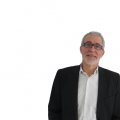
Rufino Javier Hernández Minguillón
UPV/EHU, Arquitectura
PhD Architect UNAV (1991), Master in Building UNAV (1993), lecturer at the ETSA-UNAV (1984 and 2003), lecturer at the UPV/EHU (since 1997), Professor (2020). ANECA and ANEP assessor in the area of Civil Engineering and Architecture. Founder of the architectural firm AH Asociados. Member of the board of directors of the Basque Construction Cluster ERAIKUNE (2013-) and vice-president (2013-2016). Director of the Master Degree in Sustainable Construction and Energy Efficiency (UPV/EHU). Member of the Academic Committee of the University Master Degree in Energy Efficiency and Sustainability in Industry, Transport, Building and Urban Planning (UPV/EHU). Director of the Master Degree in Advanced Construction (UPV/EHU). Head of CAVIAR Research Group, IT1135-16 (UPV/EHU). Researcher in: eco-efficient industrialised construction, inclusive eco-efficient urban planning, smart architecture and urban planning.

Olatz Irulegi Garmendía

Vicky Mosteyrin Perdiguero
Greenovate! Europe

Noelia Ortiz Santiso
Eraikune
Registration fees
| Registration | Until 04-07-2024 |
|---|---|
| 25,00 EUR |
Venue
GAIA Bilbao
Paseo Uribitarte, 3 - 3º, 48001 Bilbao
Bizkaia
GAIA Bilbao
Paseo Uribitarte, 3 - 3º, 48001 Bilbao
Bizkaia
Sustainable development goals
Agenda 2030 is the new international development agenda approved in September 2015 by the United Nations. This agenda aims to be an instrument to favour sustainable human development all over the planet, and its main pillars are the eradication of poverty, a reduction in equality and vulnerability and fostering sustainability. It is a unique opportunity to transform the world up to 2030 and guarantee human rights for all.

7 - Affordable and clean energy
Guaranteeing access to affordable, reliable, sustainable and modern energy for everyone. Key issues: universal access, increased proportion of clean energies, energy efficiency, research, fostering investments in energy infrastructures and clean technologies, modern and sustainable energy services.
More information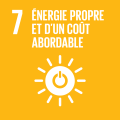
11 - Sustainable cities and communities
Make cities and other human settlements inclusive, safe, resilient and sustainable. Key issues: access to suitable housing and basic services that are secure and affordable, suitable and sustainable transport systems, inclusive urban planning, participative planning and management, protection of cultural and natural heritage, air-quality, green zones, and connections between urban, peri-urban and rural areas.
More information